Author: Phil
-
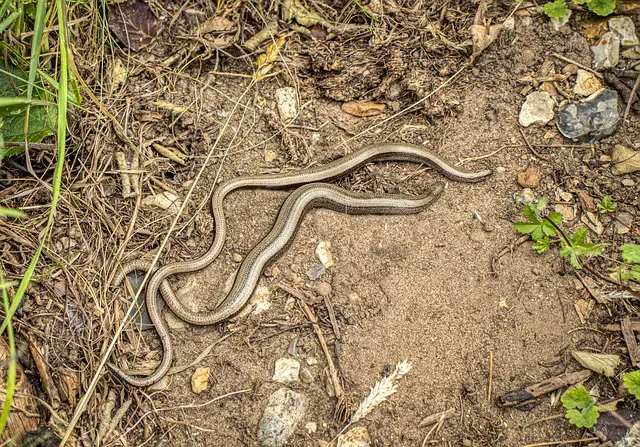
Can a Slow Worm Survive Being Cut in Half? The Truth About Slow Worm Regeneration
One of the most interesting things about slow worms is their ability to regenerate their tails when predators attack them. But what happens when a slow worm is cut in half? Can it survive such a traumatic experience? The question of whether a slow worm can survive being cut in half is a fascinating one…
-
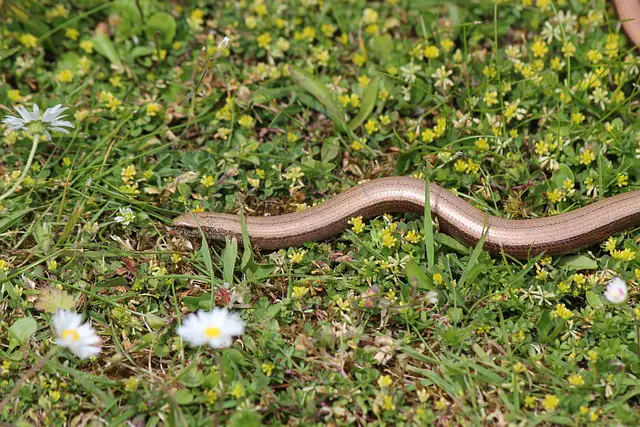
Are Slow Worms Edible? A Clear Answer to Your Question
One question that may come to mind when encountering slow worms is whether or not they are edible. While slow worms are not commonly eaten, they are not poisonous and are technically edible. However, it is essential to note that slow worms are protected under the Wildlife and Countryside Act in the UK, and it…
-
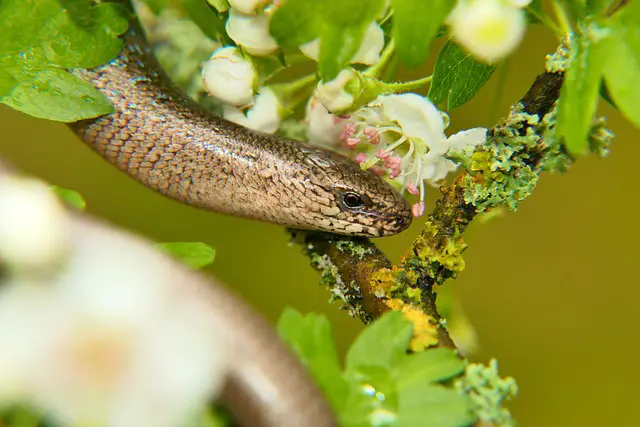
Are Slow Worms Beneficial for Compost?
Slow worms are not directly beneficial for composting, but they can play an essential role in composting, helping to break down organic matter and create nutrient-rich soil. Also, they can indirectly benefit compost by helping to control populations of insects and other small invertebrates that may be harmful to the composting process. Slow worms are…
-
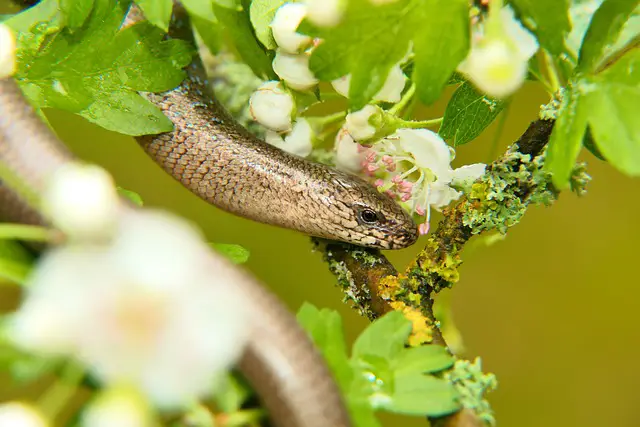
Can Slow Worms Swim? Exploring the Aquatic Abilities of These Legless Lizards
Slow worms cannot swim as such but, if necessary, can for a very short distance in water. They are terrestrial reptiles and spend most of their time on land. Slow worms are often found in gardens, parks, and other areas with plenty of vegetation and cover. While they may occasionally come across small bodies of…
-
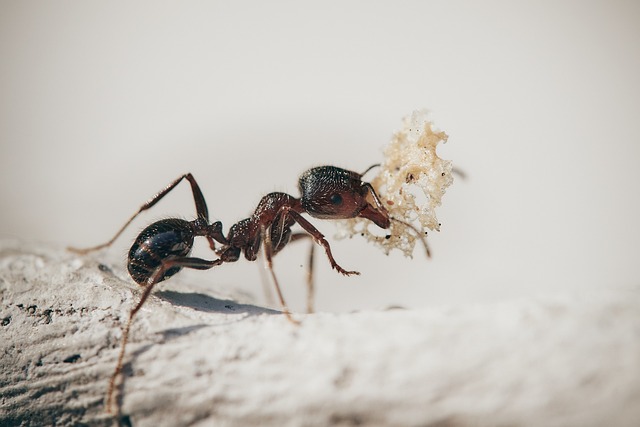
Can Slow Worms Eat Ants? Exploring the Diet of These Reptiles
Slow worms are fascinating creatures often found in gardens and other outdoor spaces. They are often mistaken for snakes but are a type of legless lizard. While they are known to feed on various insects and small invertebrates, many people wonder if slow worms can eat ants. Ants are a common sight in gardens and…
-
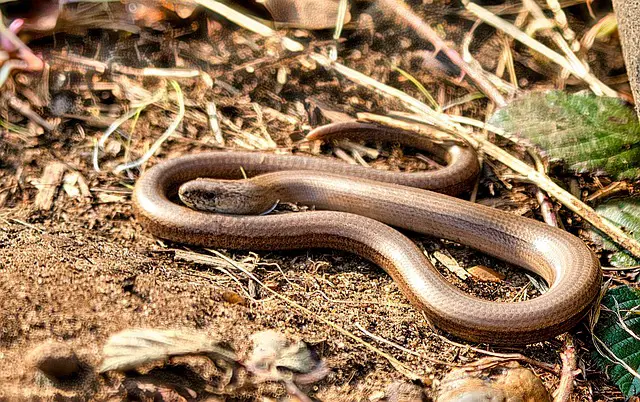
Do Slow Worms Go in Ponds? Exploring the Habitat Preferences of Slow Worms.
Slow worms are fascinating creatures found throughout Europe and parts of Asia. They are often mistaken for snakes due to their long, slender bodies, but they are legless lizards. Slow worms are commonly found in gardens, woodlands, and fields and are known for their ability to regenerate their tails if predators attack them. Many have…
